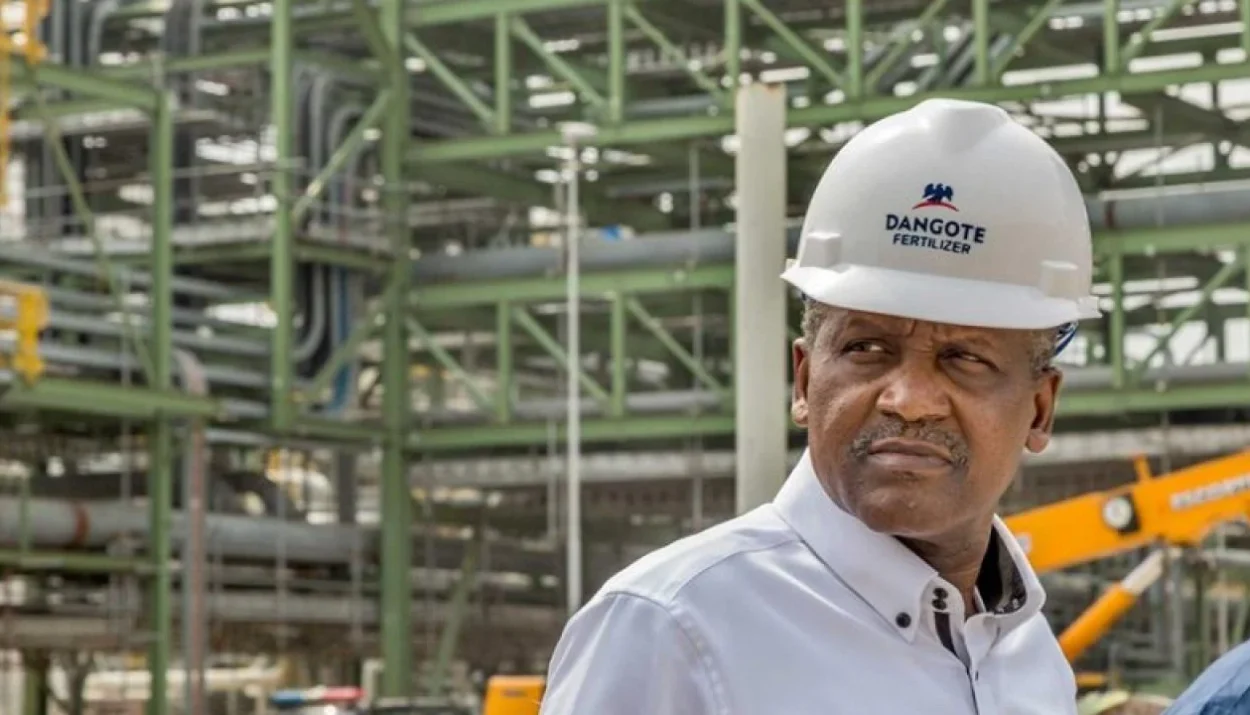The Nigerian National Petroleum Company Limited (NNPCL) has allocated 48.6 million barrels of crude oil to the Dangote Refinery over the past ten months, data obtained by Vanguard has shown. Despite this significant allocation, sources within Dangote Refinery indicate the volume remains below expectations, given the plant’s massive installed capacity of 650,000 barrels per day.
In December 2023, Dangote Refinery received 3.4 million barrels, followed by 3.5 million barrels in February 2024, with consistent supplies continuing throughout the year. By October 2024, the refinery had recorded deliveries totaling 11.7 million barrels. However, the crude allocation still falls short of the refinery’s full production potential, which could meet a considerable portion of Nigeria’s domestic fuel demand.
The Nigerian government, in its second-quarter estimate for 2024, placed the total crude oil requirements for all refineries at 597,700 barrels per day, reflecting a significant increase from the first quarter’s 483,000 barrels per day. This indicates that the NNPCL has allocated less than 50% of Dangote’s refining capacity, raising concerns over the slow pace of achieving full-scale domestic refining and reducing import dependency.
Meanwhile, the importation of Premium Motor Spirit (PMS), commonly known as petrol, fell by 12.6% in 2023, dropping from 23.24 billion litres in 2022 to 20.29 billion litres, according to data released by the National Bureau of Statistics (NBS). The report also highlighted that the local production of Household Kerosene (HHK) surged by 56%, while Automotive Gas Oil (AGO) imports grew by 23.66%, reflecting a mixed trend in Nigeria’s fuel distribution landscape.
The reduction in petrol imports points to a potential shift in Nigeria’s fuel supply strategy as domestic refining becomes more prioritized. However, achieving self-sufficiency remains an ongoing challenge, with the data suggesting a gradual, yet significant transformation in the country’s energy sector.






2 Comments